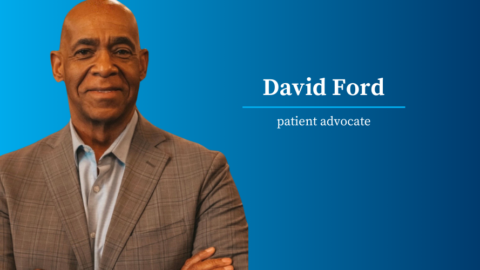Addressing Social Determinants of Health Essential to Reining in Health Care Costs

Health care’s exorbitant costs can never be controlled without fundamentally shifting society’s focus toward the underlying social and economic conditions that disproportionately contribute to ill-health. That was the message former Centers for Medicare and Medicaid Services (CMS) Administrator Donald Berwick gave to large employer members of the Pacific Business Group on Health (PBGH) during a January 7 webinar.
“I’ve lost patience with marginal change. I don’t think it’s going to work,” said Berwick, a pediatrician who led CMS for a year-and-a-half during the Obama administration and who has been a leading voice for health care reform for over four decades. “We continue to confiscate resources in health care that we don’t deserve and aren’t using properly from other sectors that badly need those resources. It’s time for some big thinking.”
The Shadow of Racism and Poverty
In a presentation subtitled “The Moral Determinants of Health,” Berwick hammered home the need to tackle systemic issues like disparities in income, education, food access, housing security and community structure. He pointed to extensive and long-standing evidence showing the outsized impact these factors have on care access, outcomes, health status and ultimately, cost.
In one example, Berwick noted that individuals who’ve been subjected to at least four adverse childhood experiences (ACE) face dramatically higher risks for nine out the top 10 leading causes of death in the U.S. They’re also 10 times more likely to experience mental illness and 11 times more likely to suffer from Alzheimer’s disease, he said. ACEs can include experiencing violence, abuse or neglect, witnessing violence, or living in a household with substance misuse, mental health problems or parental separation due to incarceration.
The COVID-19 pandemic has both exposed and exacerbated the country’s long-standing health inequities, he noted, particularly as they relate to people of color, with black Americans dying of the virus at a rate three-to-four times higher than whites.
‘Fixing the Road’
According to Berwick, unless efforts are made to move upstream to address social and economic challenges and reallocate a portion of the dollars now flowing into health care toward housing, education, food, criminal justice reform and the like, rising costs and widening disparities will continue to be hallmarks of the U.S. health system.
Berwick went on to outline his personal vision for health care transformation in the U.S., components of which include making health care universally available. He also stressed other priorities, such as ending hunger and homelessness, restoring American leadership on climate change and restoring the credibility of democratic institutions.
He noted that PBGH has been an “extremely important force and presence” in efforts to reform health care for decades and applauded the organization’s willingness to engage seriously in pursuit of solutions. Nonetheless, he said, employers generally have largely remained “bystanders” in efforts to address the social determinants of health and challenged purchasers to consider how they can affect change.
“You’re concerned about your health care costs as an employer and the costs for your employees, so connect the dots,” he said. “With 18% of our GDP and $3.5 trillion a year, health care is running a repair shop. But nobody’s fixing the road.”
The webinar, which includes a panel of health care purchasers sharing their organizations’ approach to addressing social determinants of health can be viewed in full below.



